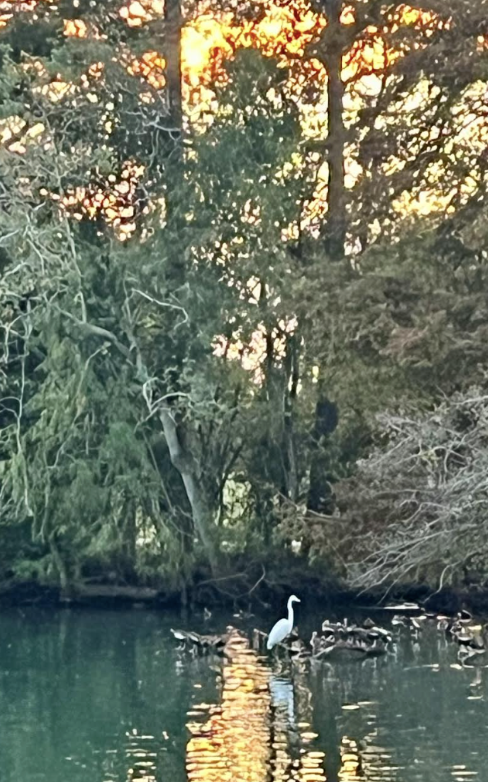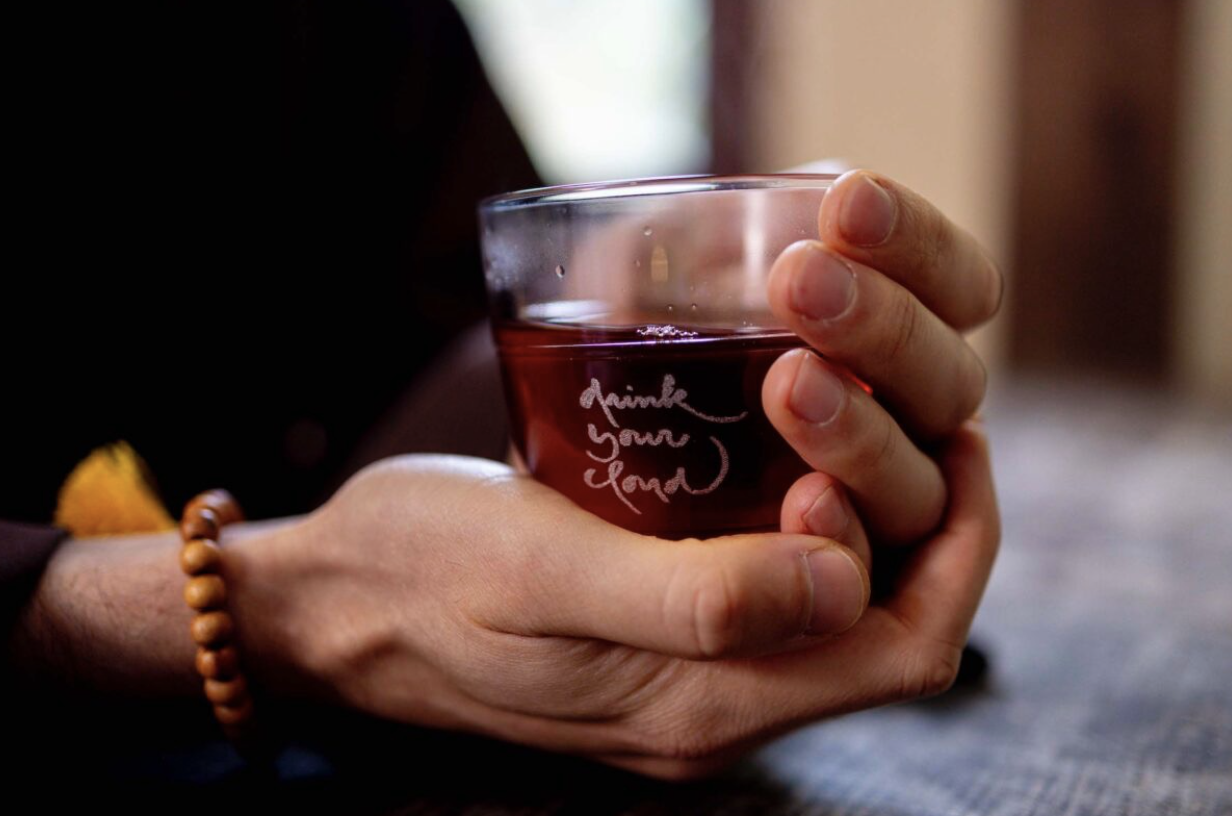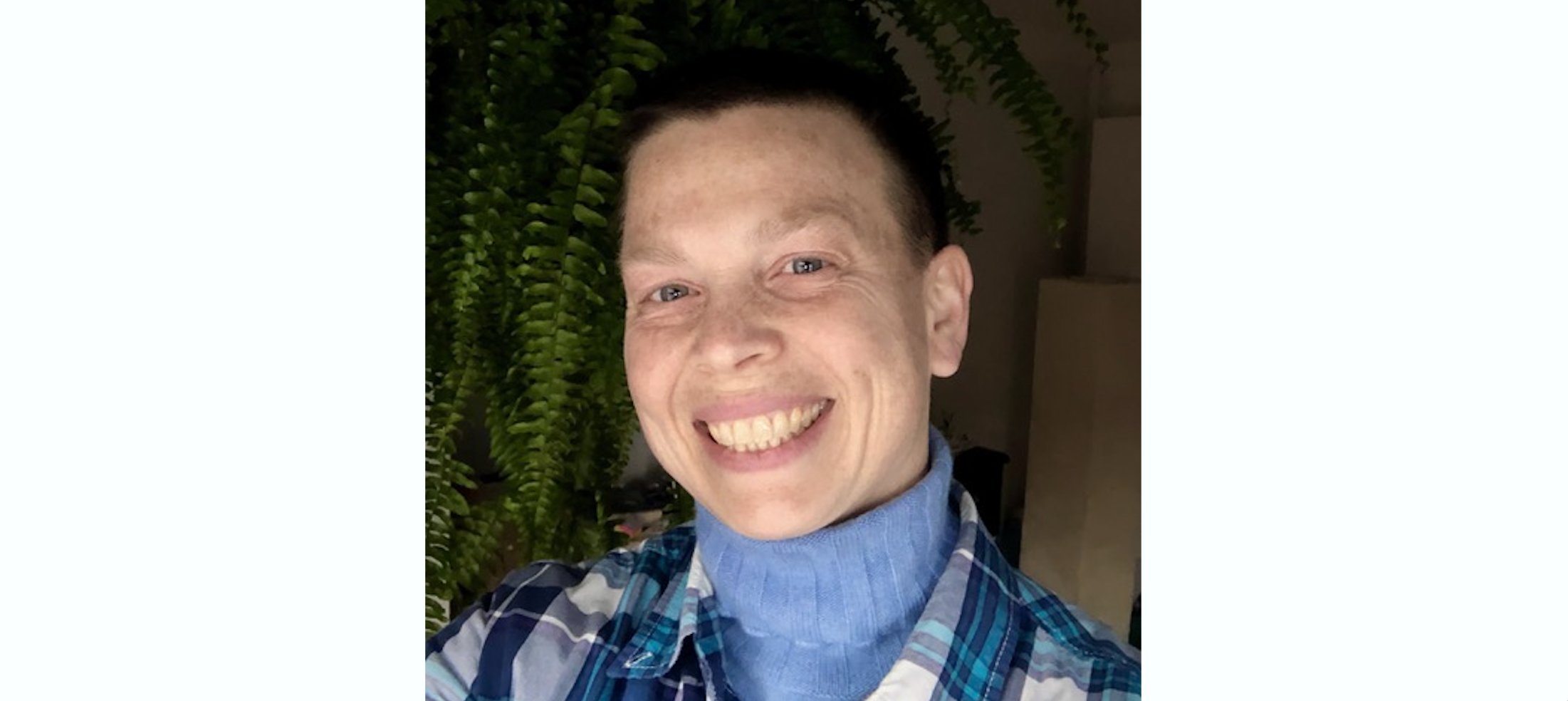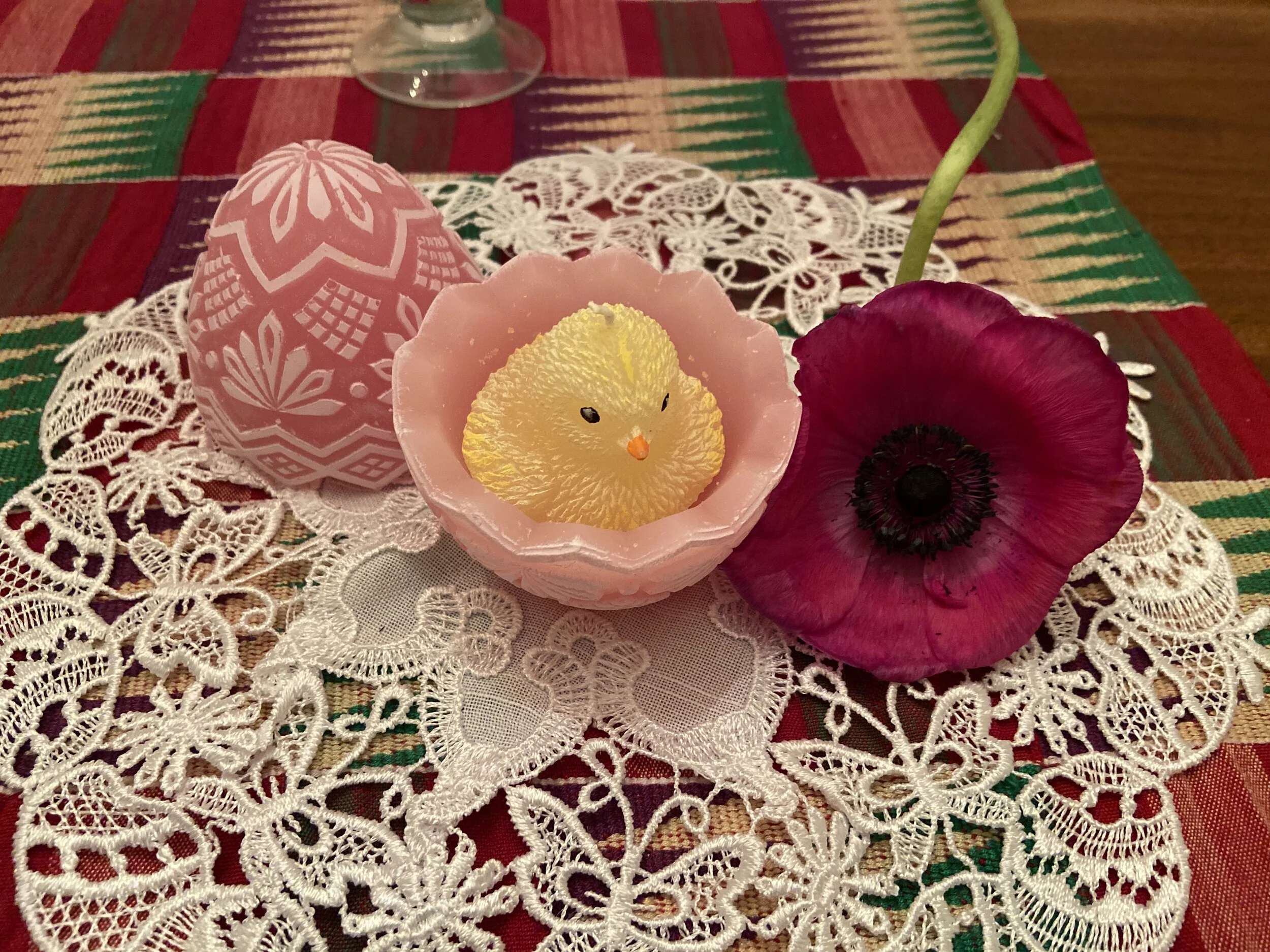Dear friends,
This week we will have a special guest on Monday night.
Melina Bondy, a former monastic who was ordained by Thich Nhat Hanh and has now returned to lay life (see her bio below) will give a short Dharma talk about the Four Noble Truths in daily life: from ideas to action.
Melina writes “the Four Noble Truths can be seen as a list of ideas to believe in but they are meant to be actions to apply in all aspects of life. We'll look at core terms in this teaching, how they show up in our lives and ways to apply this practice on and off the cushion.
Those who are interested are welcome to read about the Four Noble Truths here and/or the sutra we will refer to (see below), though this is not necessary."

























